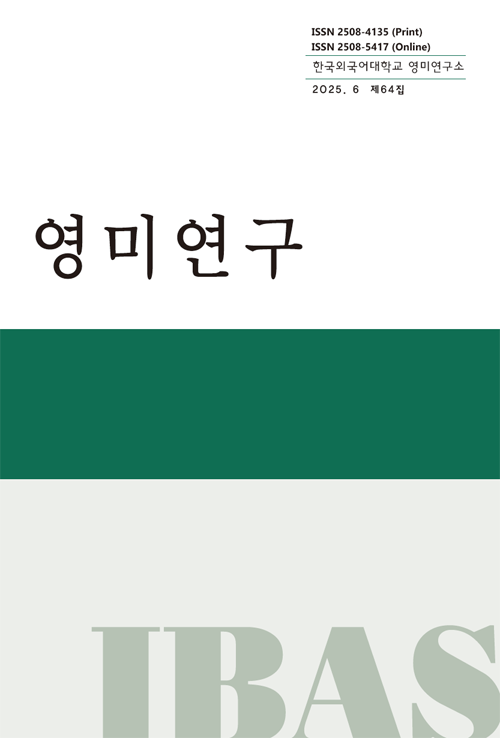Henry Timrod (1828-67), known informally as the “Poet Laureate of the Confederacy,” is a largely unknown yet significant figure in nineteenth-century American literature. Timrod’s Civil War poems, from the celebratory “Ethnogenesis” of 1861 to the elegiac “Ode” of 1866, trace the Confederacy’s rise and fall, and his earliest, most propagandistic works give insight into the nationalistic ideology of the pro-secession, pro-slavery South. Yet when Timrod’s poems from the period between 1861 and 1866 are read together in their totality, they also reveal the poet’s evolving perspective—from nationalistic fervor to profound disillusion. Initially an ardent supporter of the Southern cause, Timrod eventually takes a pro-peace stance. Despite Timrod’s postwar association with a Lost Cause mythology that romanticizes the South’s role in the Civil War, this essay argues that Timrod’s poetry, like the great 1929 antiwar novel All Quiet on the Western Front by Erich Maria Remarque, transcends its historical context and reminds modern readers of the dangers of nationalism and the futility of war.




